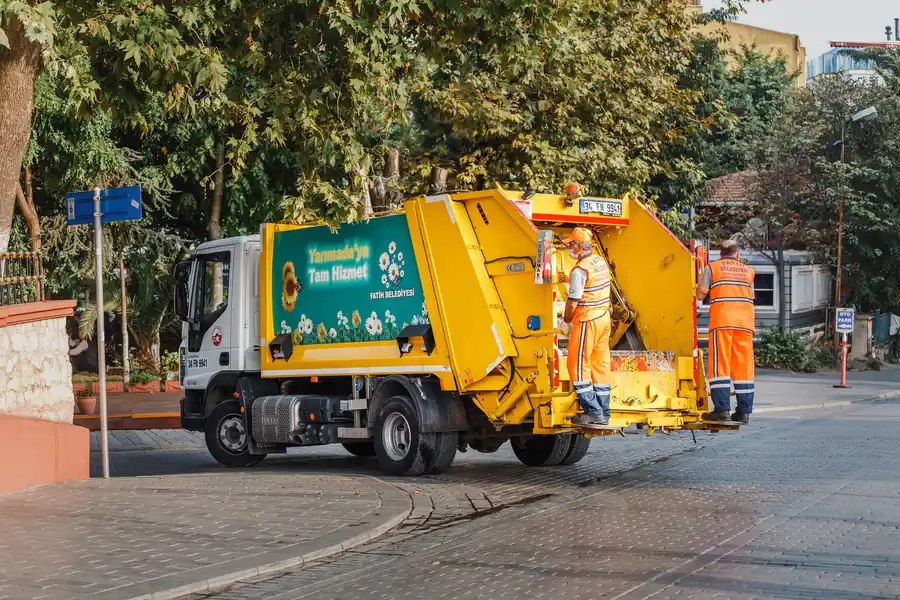Streamlining Waste Management During Home Projects
Embarking on a renovation project can be an exciting time, but it often comes with the challenge of managing waste effectively. Coordinating waste management is crucial to keep your renovation on track and ensure safety. By planning ahead and using best practices, you can manage the debris in an efficient manner. Let’s explore some practical tips and strategies for seamlessly integrating waste disposal into your home improvement plans.
Understanding the Scope of Your Renovation
Before diving into any renovation project, it’s important to understand the full scope of the work involved. This involves identifying the types of materials that will need disposal. Whether you’re updating a bathroom or undertaking a full kitchen remodel, knowing the materials you’ll work with helps in preparing an effective strategy. This forethought is key in aligning Garbage Removal services that fit your specific needs.
Choosing the Right Disposal Service
Selecting an appropriate disposal service is pivotal during a renovation. Not all services offer the same levels of assistance or types of waste removal. Look for providers specializing in construction debris or those offering eco-friendly options. Ask about their recycling processes to ensure compliance with environmental regulations. Making informed choices here simplifies the Garbage Removal process, enabling smoother project progress.
Scheduling Waste Pickups Strategically
Timing is everything when it comes to organizing waste pickups. Coordinate with your chosen waste management service to schedule regular pickups that align with your project’s milestones. This prevents clutter from accumulating and minimizes disruption. Consider scheduling a pickup after major demolition phases or upon completion of smaller projects within the larger renovation. Proper timing ensures efficient workflow and keeps your site organized.
Preparing a Waste Management Plan
A robust waste management plan serves as a roadmap throughout your renovation. Start by estimating the volume of debris you anticipate generating and plan accordingly. Consult with contractors for insight into typical debris amounts for similar projects. Create a checklist of necessary permits if required by local regulations. A comprehensive plan mitigates potential delays and helps manage costs associated with waste disposal.
Utilizing Recycling and Donation Options
Renovations often generate materials that are still usable or recyclable. Consider recycling or donating items like fixtures, doors, or cabinets to local charities or specialized recycling centers. This environmentally friendly approach reduces landfill contribution and sometimes offers tax benefits. Check with your disposal provider about what materials they accept for recycling, ensuring alignment with eco-friendly practices.
Communicating Clearly With Your Team
Clear communication with everyone involved in your renovation project is vital. Brief your team on the importance of separating recyclable materials from general waste. Discuss the locations where debris should be deposited for collection. Providing clear instructions prevents misunderstandings and ensures everyone follows the agreed-upon waste management plan efficiently.
Final Thoughts on Effective Waste Coordination
Coordinating waste removal effectively requires careful planning and communication. By understanding your project’s needs and selecting the right partners, you streamline the process and avoid common pitfalls. At Hackensack BBC Scrap Metal, we pride ourselves on offering tailored solutions to meet diverse renovation needs. Call us at (201) 283-9168 for expert advice and services. Based in Hackensack, NJ, we’re committed to helping you achieve a smooth, efficient renovation experience.

